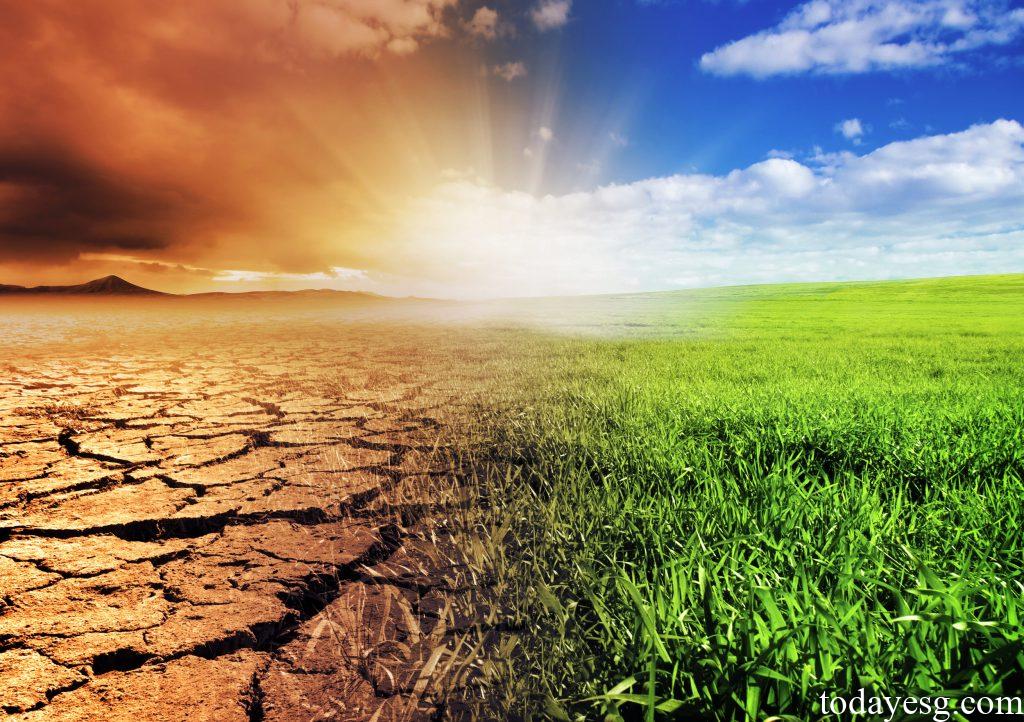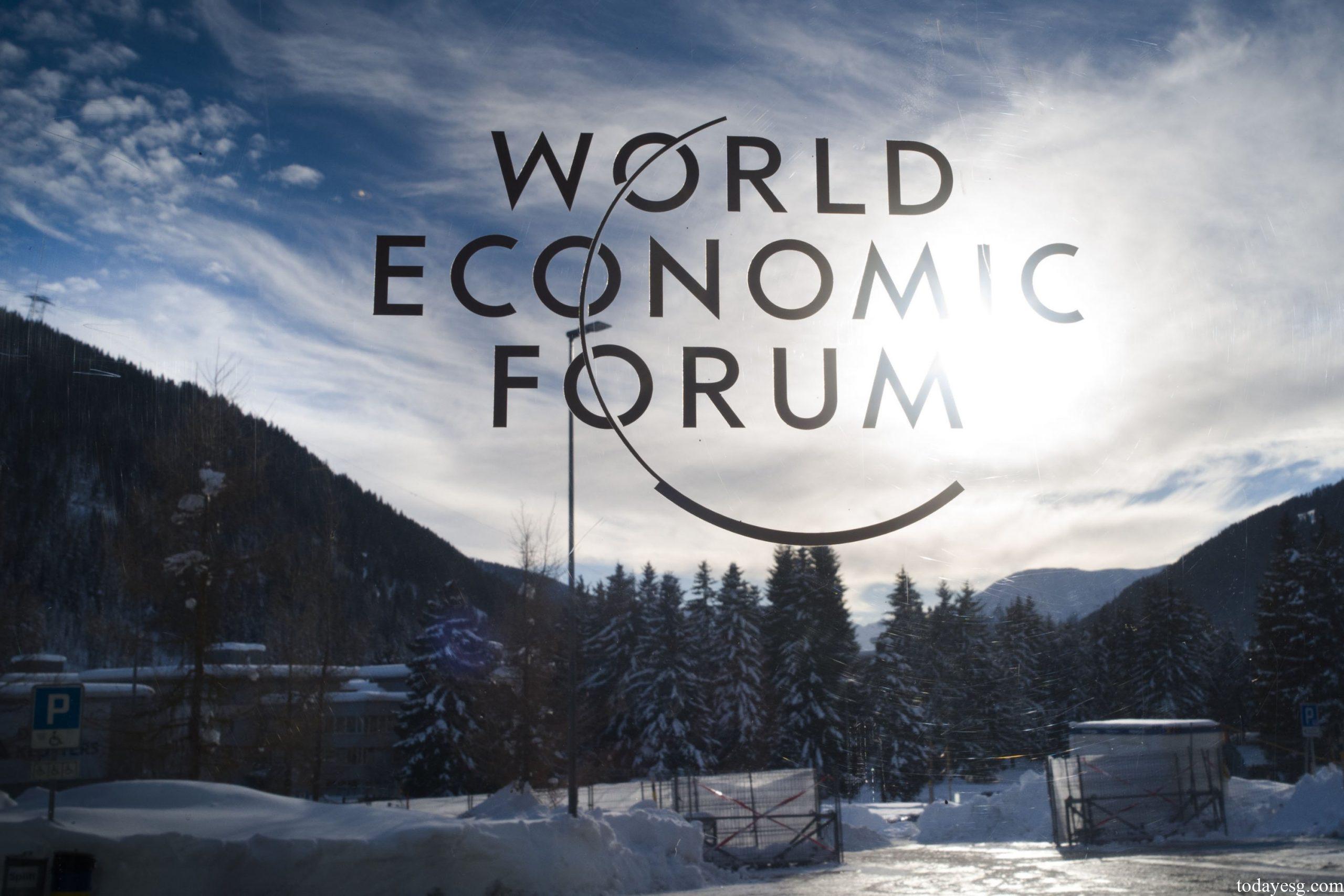Climate Change Becomes an Important Risk in the Next Decade
The World Economic Forum released the 18th edition of the “Global Risk Report”, which lists the important risks that the global economy and society may face in the future. According to the opinions of more than 1200 experts from many aspects, the report summarizes the factors that may affect global development in the next two years and ten years. Among the influencing factors in the next two years, climate risk ranks the second highest, and among the influencing factors in the next decade, climate risk ranks the top four, becoming an important consideration that cannot be ignored globally.
Among the risk factors in the next two years, those related to climate change are:
- Natural disasters and special weather events (second);
- Failure to mitigate climate change (fourth);
- Large-scale environmental damage events (sixth);
- Failure to climate change adaptation (seventh);
- Natural resource risk (ninth);
Among the risk factors in the next decade, those related to climate change are:
- Failure to mitigate climate change(first);
- Failure to climate change adaptation(second);
- Natural disasters and special weather events (third);
- Biodiversity loss and ecosystem destruction (fourth);
- Natural resource risk (sixth);
- Large-scale environmental damage events (10th);
WEF’s Interpretation of Climate Change Risks
The World Economic Forum believes that climate and environmental change are risk factors that are easy to be ignored globally. Due to current inflation, rising living costs and other factors that are putting pressure on the economy, attention to climate-related issues may be reduced. In the absence of good policies and financial inputs, events such as biodiversity loss, biosafety and natural resource consumption will affect economic development and bring greater challenges to future climate action.
In 2011, the World Economic Forum included climate change risk in the “Global Risk Report” for the first time. However, the current greenhouse gas emissions are still reaching a record high. Such changes make it very difficult to achieve the emission reduction target of 1.5 degrees Celsius. In the assessment of 1200 experts, 70% believe that the current climate change response measures are “inefficient” or “nearly ineffective”.

In the current situation of high global energy costs, the global demand for traditional energy is still high. The world is expanding the supply of fossil fuels and restarting coal power stations. Although the world has formulated many plans for energy transformation, how to balance the growth of short-term demand is still a difficult problem.
Problems on Climate Disclosure and Financial Services
Besides lagging behind the scheduled schedule in terms of the speed of climate change, the problems of false statements and greenwashing have not been solved in terms of climate disclosure. Although many countries require mandatory disclosure of carbon emission information (such as Scope 1 and Scope 2), there is still a lack of more consistent reporting standards around the world.
In addition, the global environmental problems caused by climate change have a greater impact on developing countries, which are also important participants in climate transition. When these countries need to invest more resources to solve the problems caused by climate change, the investment in climate transition will be reduced, and finally a negative cycle will be formed.
At the same time, financial services for climate risk are insufficient. For example, the global climate insurance gap has increased from $117 billion in 2020 to $161 billion in 2021. In the last twenty years, only 7% economic losses caused by floods in developing countries (for developed countries the number is 31%) are covered by insurance policies. Without enough financial services, the global efforts to climate change will be reduced.
Reference:








